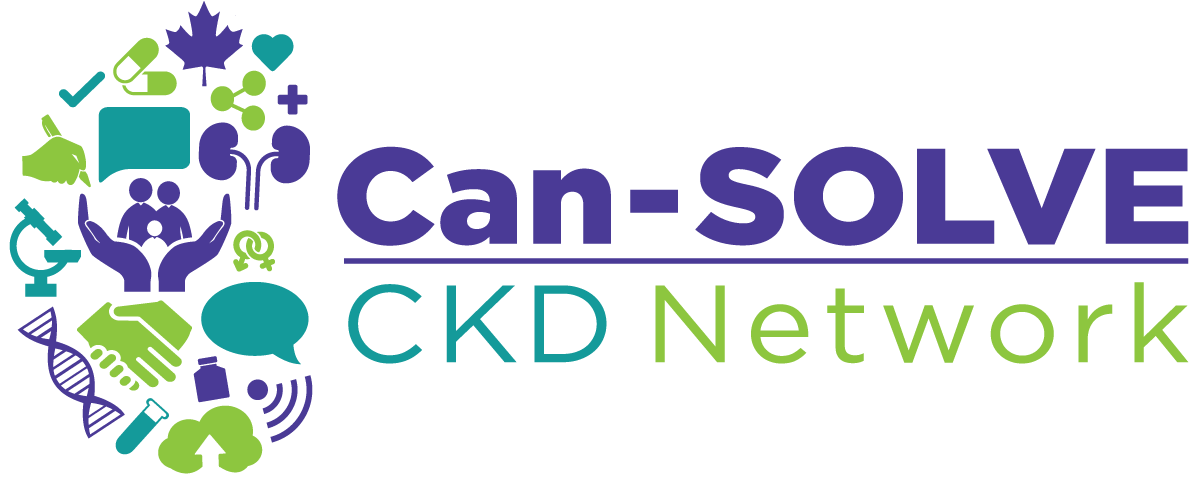Abstract
Rationale & objective
Fostering the ability of patients to self-manage their chronic kidney disease (CKD), with support from caregivers and providers, may slow disease progression and improve health outcomes. However, little is known about such patients’ needs for self-management interventions. We aimed to identify and describe the needs of adults with CKD and informal caregivers for CKD self-management support.
Study design
Descriptive qualitative study using semi-structured interviews and focus groups.
Setting & participants
6 focus groups (37 participants) and 11 telephone interviews with adults with CKD (stages 1-5, not on renal replacement therapy) and informal caregivers from across Canada.
Analytic approach
Thematic analysis.
Results
3 major themes were identified: (1) empowerment through knowledge (awareness and understanding of CKD, diet challenges, medication and alternative treatments, attuning to the body, financial implications, mental and physical health consequences, travel and transportation restrictions, and maintaining work and education), (2) activation through information sharing (access, meaningful and relevant, timing, and amount), and (3) tangible supports for the health journey (family, community, and professionals).
Limitations
Participants were primarily white, educated, married, and English speaking, which limits generalizability.
Conclusions
There are opportunities to enhance CKD self-management support by addressing knowledge pertinent to living well with CKD and priority areas for sharing information and providing tangible support. Future efforts may consider the development of innovative CKD self-management support interventions based on the diverse patient and caregiver needs identified in this study.
Donald M, Beanlands H, Straus S, Ronksley P, Tam-Tham H, Finlay J, MacKay J, Elliott M, Herrington G, Harwood L, Large CA, Large CL, Waldvogel B, Sparkes D, Delgado M, Tong A, Grill A, Novak M, James MT, Brimble KS, Samuel S, Hemmelgarn BR
American Journal of Kidney Diseases
Published 2019
Research Project: Self-Management
Connect with us!
Subscribe to learn more about what we do, why it matters, and how you can get involved!




